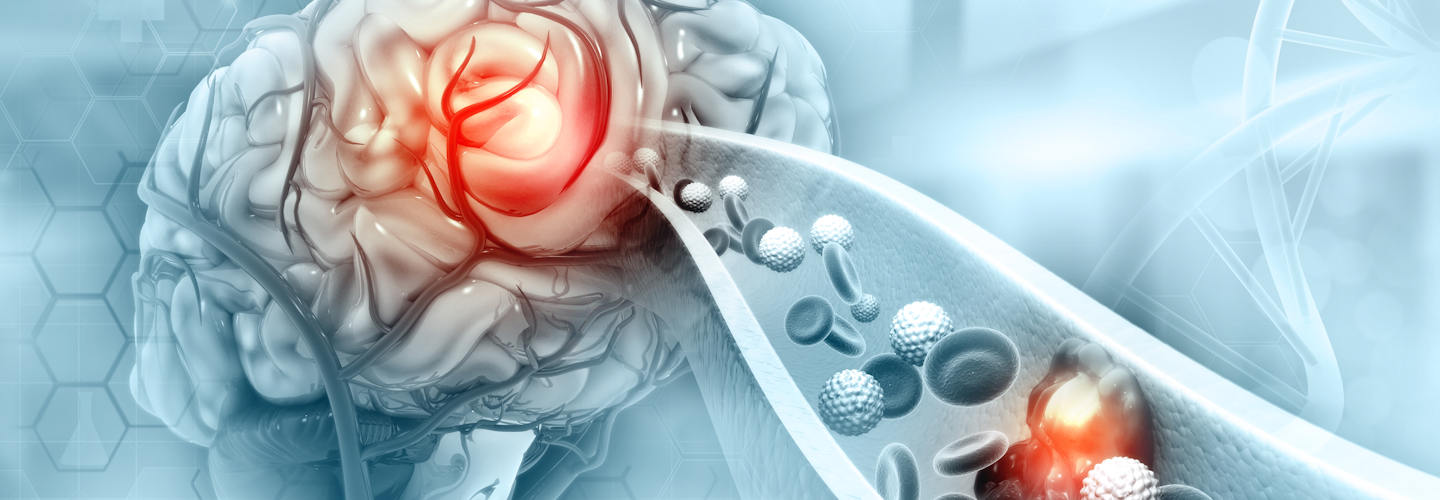Blood vessel breakthrough is major step towards dementia treatment
Alzheimer's disease and vascular dementia are the two most common types of dementia, collectively affecting around 700,000 people in the UK. They cause problems with memory, concentration, thinking and carrying out everyday activities. Two major breakthroughs from a team at The University of Manchester have revealed changes to blood vessels in the brain in dementia, transforming our understanding of these terrible diseases.

Key facts
- Alzheimer's disease and vascular dementia collectively affect around 700,000 people in the UK alone.
- Clinical trials have been unsuccessful and there are no effective treatments.
- Our research has discovered new potential treatment targets, giving hope to people living with dementia.
To date, over 300 drugs have been trialled as a treatment for Alzheimer's dementia. All of them have targeted the nerves in the brain and none have been successful. Similarly, all clinical trials looking at treating vascular dementia have also been unsuccessful.
In both Alzheimer's and vascular dementia, blood flow to the brain is reduced, but the reasons for this were unknown.
Could Alzheimer's disease be a blood vessel disorder?
Alzheimer's disease is traditionally thought of as a disease of brain cells, where a protein called Amyloid-beta (Aβ) accumulates, forming plaques.
The research in mice found that a smaller version of the protein, Aβ1-40, builds up in the walls of the small arteries in the brain, causing them to narrow and reducing blood flow to the brain. It is thought that this is one of the reasons for memory loss.
The team discovered that the narrowing of arteries was caused by Aβ1-40 switching off a protein that normally serves to widen arteries, called BK. The team is now investigating precisely how Aβ1-40 blocks BK, so drugs to prevent this can be developed and tested to stop Alzheimer's disease progressing.

Dr Adam Greenstein
Adam is Clinical Senior Lecturer at The University of Manchester and a consultant physician and geriatrician.
Research reveals new drug target for vascular dementia
High blood pressure (known as hypertension) is the main cause of vascular dementia, which develops due to damage to the small arteries of the brain.
The team in Manchester, working with colleagues in the USA, discovered that high blood pressure reduced the activity of a protein called Kir2.1 that is present in cells lining arteries and normally serves to increase blood flow to active areas of the brain.
They found that a drug already used to treat high blood pressure, called Amlodipine, restored the activity of Kir2.1 in mice, resulting in better blood flow to more active parts of the brain and protecting the brain from the harmful effects of high blood pressure. Amlodipine was more effective than other blood pressure medications in restoring Kir2.1 function.
The research identifies Kir2.1 as a new target to protect the brain against damage caused by high blood pressure and slow the progression of vascular dementia.
Giving hope to people living with dementia
By showing exactly how dementia and high blood pressure affect small blood vessels, the team has opened the door to new avenues of research that could restore healthy blood flow to the brain and slow down the progression of these incurable diseases.
The team also hopes to trial Amlodipine as an effective treatment for vascular dementia in humans. If successful, it would be the first clinically proven treatment for vascular dementia, and could be used in those with early signs of the condition to prevent further progression.
More information
Other investigators
Related publications
- Differential restoration of functional hyperemia by antihypertensive drug classes in hypertension-related cerebral small vessel disease
- Functionally linked potassium channel activity in cerebral endothelial and smooth muscle cells is compromised in Alzheimer's disease
- Nanoscale coupling of junctophilin-2 and ryanodine receptors regulates vascular smooth muscle cell contractility
Media
- Potential new drug for incurable vascular dementia (press release)
- Blood vessel breakthrough major step towards Alzheimer's treatment (press release)
